While in Israel the economy and schools are open and restaurants and other events continue to operate, much of the rest of the world is starting to shut down as Omicron cases go up.
On Monday morning, Head of Public Health Services Dr. Sharon Alroy-Preis presented some of the restrictions that are in place in other countries to a joint meeting of the Knesset’s Health and Constitution, Law and Justice committees to demonstrate how Israel measures up.
Restrictions range from travel bans and Green Pass outlines, similar to in Israel, to limits on gatherings and full lockdowns.
Looking at travel, most countries in the world have banned flying to and from the majority of African nations.
Australia, New Zealand, Japan and Austria - like Israel - have banned all foreign entry, while Canada is only allowing vaccinated tourists from the United States. Italy and Austria have stopped the entry of anyone unvaccinated. Morocco has completely closed its skies.
The US Centers for Disease control has warned against traveling to 70 locations worldwide, and the European Center for Disease Prevention has recommended that citizens not travel at all.
Regarding testing and isolation: In the United Kingdom and New Zealand, anyone returning to Israel from abroad is required to quarantine in a hotel. In France, Italy and Portugal, travelers entering from high-risk countries are required to isolate, though not necessarily in a hotel. Everyone entering those countries must take a PCR test on arrival.
And what about internal restrictions?
In Israel, not only is there a travel ban on foreigners and a list of more than 60 countries, but any Israeli who returns to the country (vaccinated or not) is required to be isolated for three days and take two PCR tests.
There is a requirement to mask indoors and entry into restaurants, events, gatherings and most non-essential services require the Green Pass. Prime Minister Naftali Bennett also recommended that employers allow staff to work from home.
Here is a breakdown by country, as shared by Alroy-Preis:
Denmark
- Schools are closed.
- Places of leisure are closed.
- Mass events are closed.
As of Friday, Denmark was reporting a record number of 11,000 new daily cases, including more than 2,500 Omicron cases.
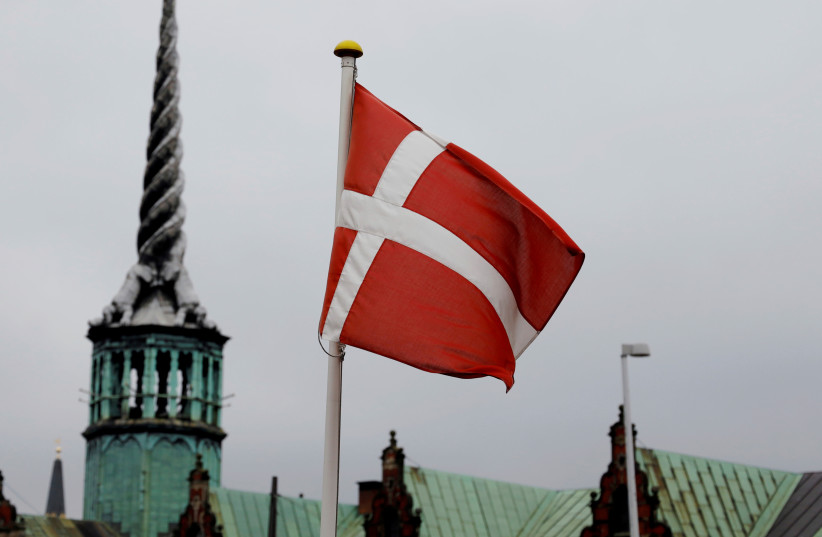
France
- New Year's gathering restrictions are in place.
- Green passes are now only allowed for people who are vaccinated or recovered (as opposed to also those who test negative for the virus).
France is averaging more than 48,000 new daily cases, with more than 240 Omicron cases confirmed at the start of the week.
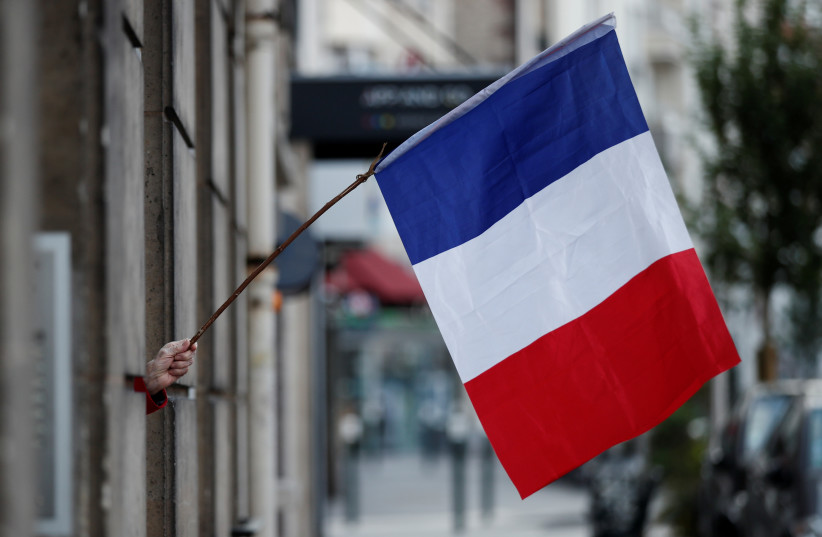
Ireland
- Restaurants and bars close by 8 p.m.
- Gathering limited in closed places.
Ireland is reporting upwards of 7,500 cases a day. The country’s health officials have said that around 35% of swab tests are Omicron suspicious.
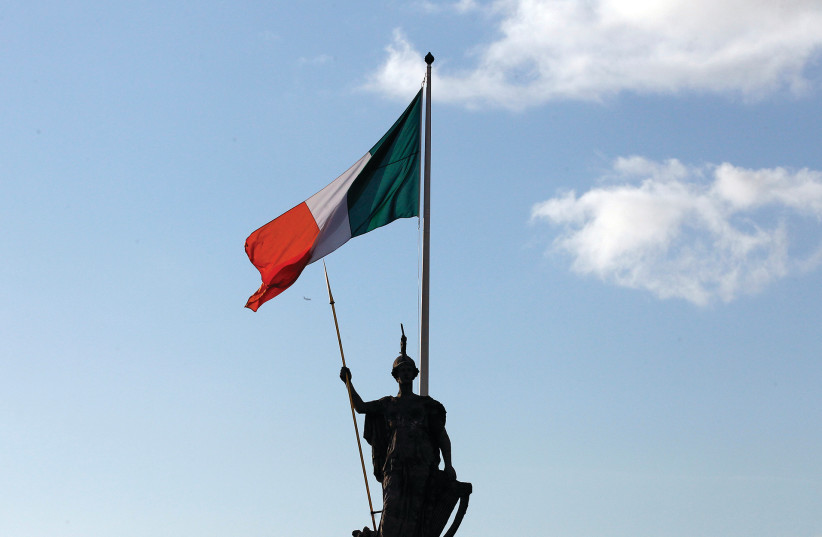
Netherlands
- The country is locked down until after Christmas, with all non-essential stores and services shuttered until at least January 14.
- Boosters are expected to be available to everyone over 18 beginning January 7.
The country is seeing an average of 14,000 new cases per day.
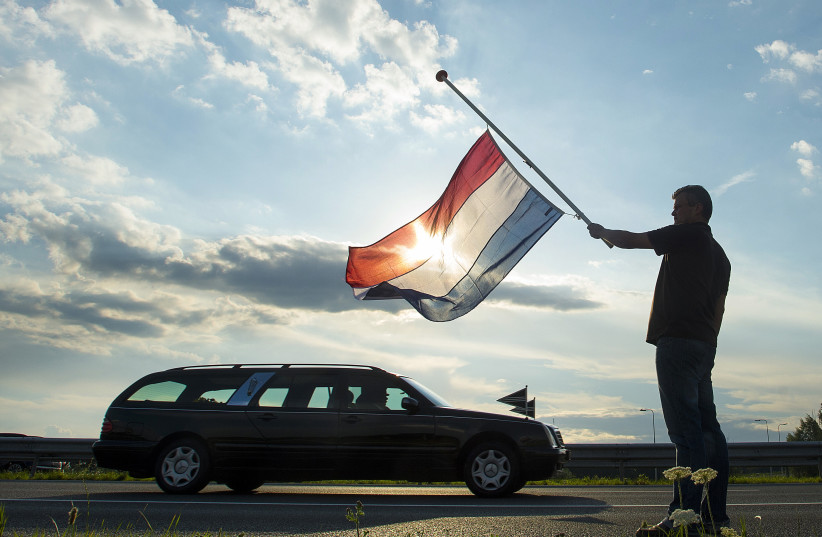
Scotland
- Isolation and a PCR test required of anyone who comes into contact with a sick person, including vaccinated people.
- Testing required before visiting a geriatric center.
- Employers are required to allow staff to work from home.
- Christmas celebrations are limited to three households.
Scotland is seeing close to 5,000 new coronavirus cases per day. The country’s health officials said last week that around 51% of reported cases were Omicron.
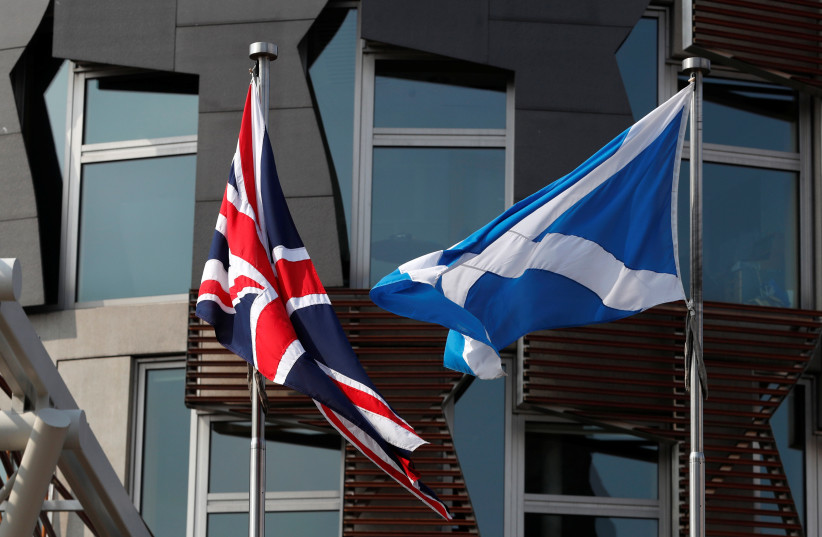
United Kingdom
- Green passes in place for entry into large events.
- Recommendation to work from home.
- Masks in closed spaces.
- Booster shots available for people over the age of 18.
- The country is also considering a two-week closure after Christmas.
England is seeing a whopping 80,000 or more cases of the virus each day. Last week, the country reported Omicron cases at around 25,000.
